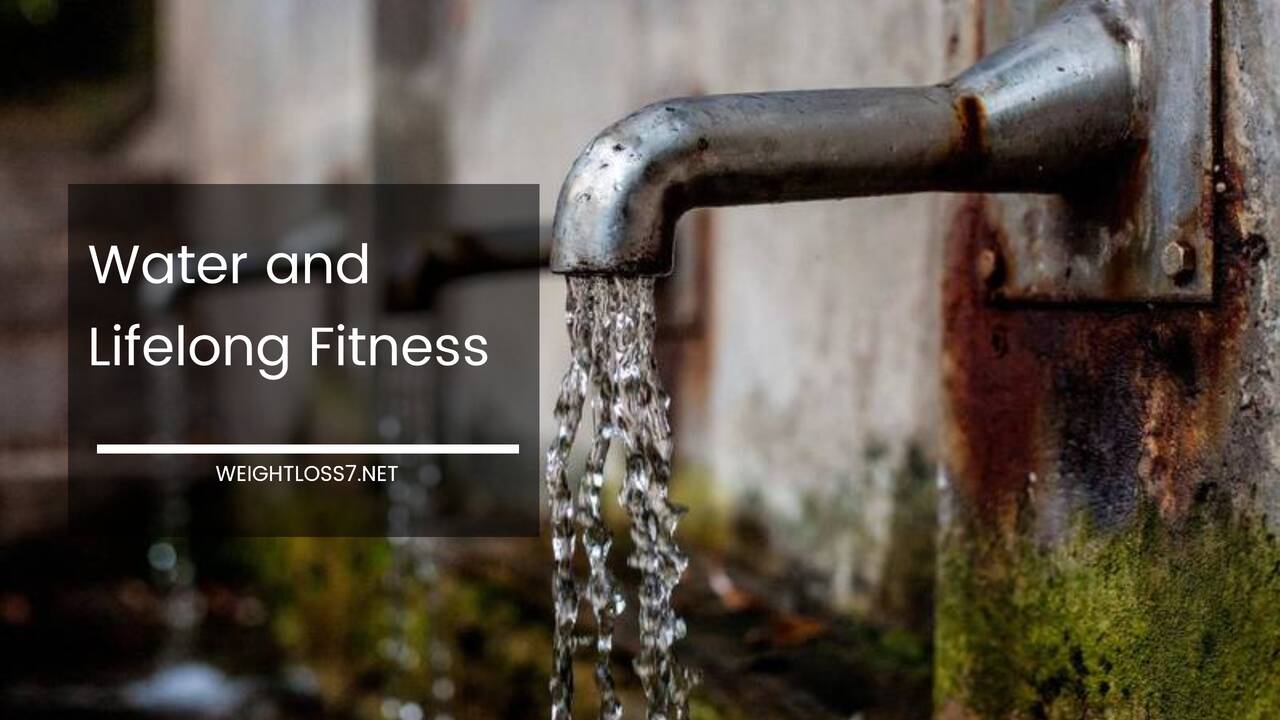Water and Lifelong Fitness

In terms of health, the western world is in something of a paradoxical situation. On the one hand, medial science is advancing all the time, bringing new cures and new hope to those afflicted with serious, genetic disorders.
On the other hand, lifestyle-related conditions are now rife and have become a huge concern to health professionals.
The good news is that getting to grips with these conditions is, in principle at least, far simpler than dealing with genetic disorders.
In fact, those looking to maximize their chances of living a long and healthy life will find that they can get a lot of help from one of the world’s most basic substances – water.
Swim in it
It’s pretty much universally agreed that exercise is good for mind and body in all sorts of ways, but there are all sorts of perfectly understandable reasons why people struggle to get started with it.
People may be reluctant to spend a lot of money up front on equipment or special instruction. They may dislike the thought of being seen, particularly if they are unhappy with their body shape.
They may also be afraid that their lack of fitness will make them prone to injury. Swimming requires very little in the way of equipment and it’s a skill which can be learned easily and affordably.
There are concealing swimsuits available and in any case, most of a person’s body will be underwater most of the time.
The buoyancy of the water also helps protect the body from injury. In short, swimming is a great way for people to get into fitness, some people may choose it as a way to stay fit, while others may move on to a different form of exercise.
Drink it
While health professionals have long been aware that water is vital to human health, up until recently the scientific attitude to water was that it was all H2O and therefore, provided that it was safe to drink, from a health perspective water from any one source was essentially the same as water from any other source.
More recently however, scientists have been starting to look at the specific characteristics of water from different sources and, in particular, whether or not the degree of acidity or alkalinity (the pH level) makes a difference to the health benefits it offers.
Research in this area is still limited, but there are now several reports indicating that alkaline water may offer a variety of health benefits over pH neutral water.
Anecdotally, a basic form of alkaline water has long been used by endurance athletes, who often add sodium bicarbonate to the water they drink after training or racing.
They do this to counterbalance the effect of the lactic acid which is created by the body during exercise.
Hence, while the long-term benefits of alkaline water are still being investigated, in the short term, it could be very useful to active people looking to rehydrate after exercise in an effective and natural way.
Sweat it out
One of the reasons water is so good for us is that it cleans the body from the inside. Once the water has done its cleaning, it needs to be removed from the body.
The obvious way this happens is on trips to the bathroom, but it can also be removed in sweat. Sweat is what happens when water is expelled through the skin and for that to happen the skins pores need to open.
As the water comes to the surface of the body, it not only removes the dirt (toxins) it picked up on its trip around our body’s core, but also picks up the dirt which can easily become embedded in our skin. It is this dirt which can so easily lead to clogged pores and hence spots.
The act of sweating actually offers numerous health benefits beside this, far too many to list here. These benefits have been appreciated for centuries in many different cultures, which is why saunas are an integral part of life in a great number of countries.
While the principles behind saunas may be centuries old, their benefits are still massively helpful in our modern lives.
This article was written by Nina Wells from Clearwells. She has over 10 years’ experience in writing health related topics and specializes in the health benefits of saunas and hydrotherapy.

















